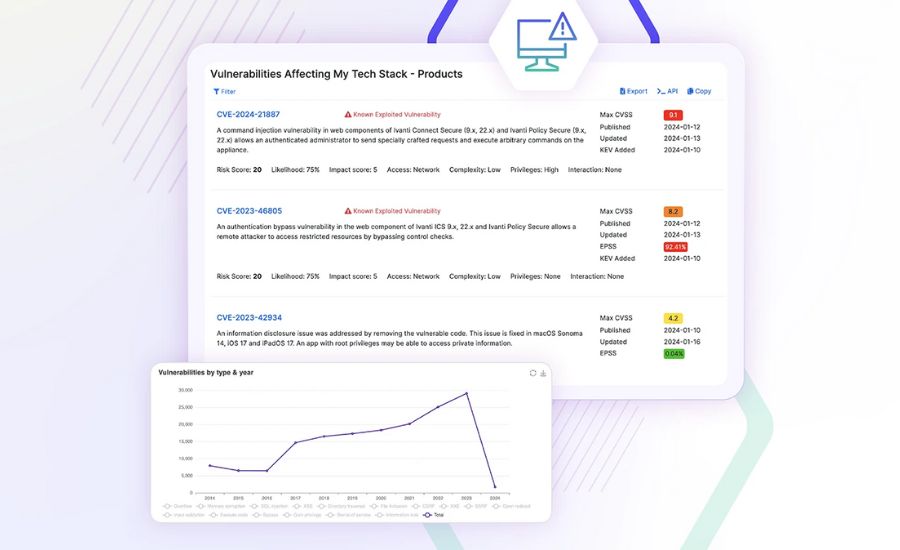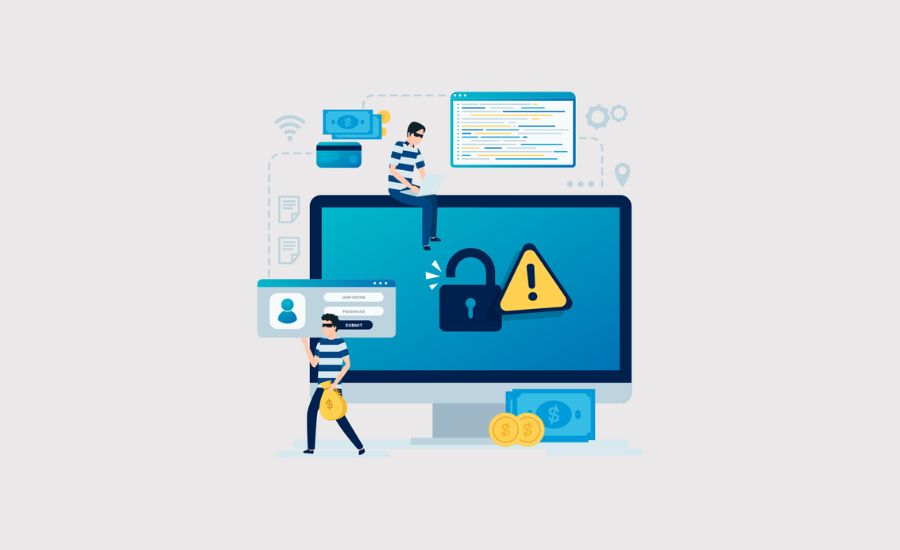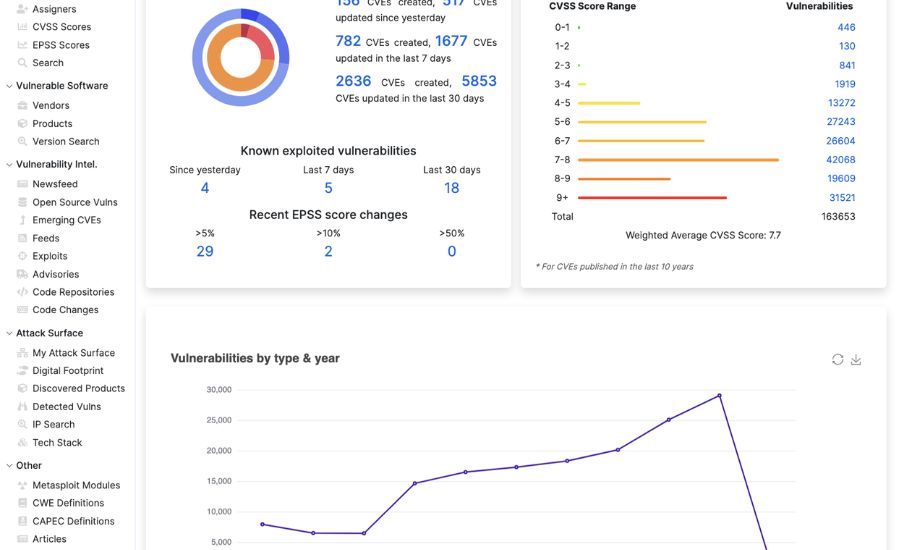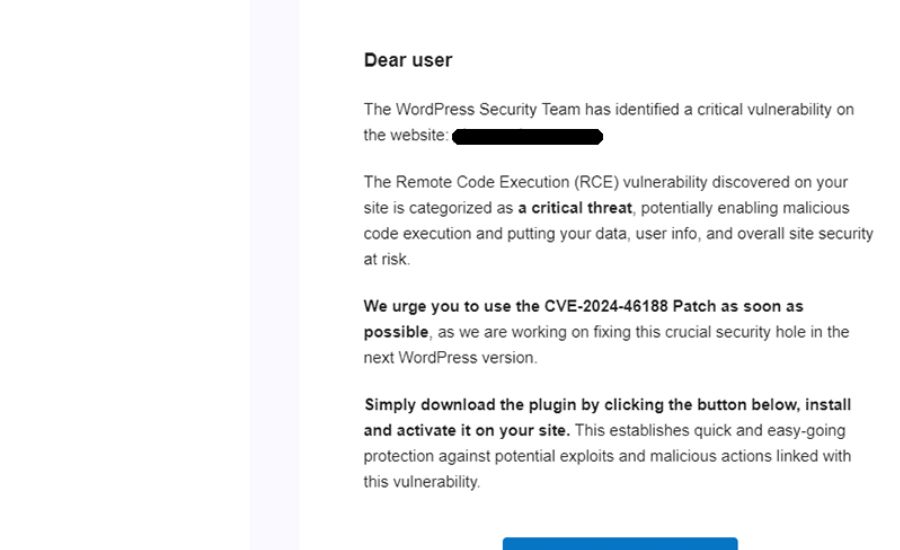Is Csd.Securevues.com/default.aspx Legit, Legitimacy & More
Introduction
In today’s digital world, it’s essential to evaluate the legitimacy of websites before sharing any personal or financial information. With the increasing number of online scams and cyber threats, distinguishing between legitimate platforms and fraudulent ones is crucial. One such website, csd.securevues.com/default.aspx, has raised questions about its authenticity. If you’ve come across this URL and are wondering whether it’s safe to visit, you’re not alone.
In this article, we will explore Is Csd.Securevues.com/default.aspx Legit, analyze its features, and provide you with a detailed guide to help you determine whether the site is legit or potentially harmful.
1. What is csd.securevues.com/default.aspx?
At first glance, csd.securevues.com/default.aspx appears to be a standard URL for accessing a service related to “CSD” and “SecureVues.” However, without understanding the context and purpose of this website, it’s difficult to assess its legitimacy at face value. Websites like these typically serve as login portals or provide access to secure applications, but they can also serve as phishing sites designed to steal personal information.
Breaking Down the URL
- csd: This could be an acronym for various terms like “Customer Service Desk,” “Cloud Security Device,” or other industry-specific terms. It’s important to look for the context of the organization associated with this acronym.
- securevues: This appears to be the name of the platform or service, possibly indicating that it is related to secure services or data management.
- default.aspx: The “.aspx” file extension is used by ASP.NET web applications, commonly seen in corporate, governmental, or enterprise-level platforms. However, just because a website uses this extension doesn’t automatically mean it’s legitimate.
How to Assess the Legitimacy of a Website

Before diving into specifics about csd.securevues.com/default.aspx, it’s vital to understand how to assess whether any website is legitimate or a potential scam. Here are several methods to evaluate its authenticity:
A. Check the URL and Domain
A legitimate website typically has a trusted and identifiable domain name. Here’s what you should look for:
- HTTPS: Secure websites will use “HTTPS” at the beginning of their URLs. The “S” stands for secure and indicates that the website encrypts data between the user’s browser and the server. Lack of HTTPS could be a red flag.
- Suspicious Domain Names: Domains that use unfamiliar or misspelled names can be indicative of fraudulent sites.
B. Analyze the Website’s Content
A legitimate website will often have high-quality, professional content. Here’s how to evaluate the content on a website:
- Grammar and Spelling: Poor grammar, spelling errors, and vague language can signal a fraudulent or hastily created website.
- Contact Information: Look for verifiable contact information like a physical address, customer support phone number, and an official email address. Fraudulent websites often lack legitimate contact details.
C. Search for Reviews and Feedback
Looking for reviews or feedback from other users can help you assess a website’s legitimacy. Searching for the website’s name along with keywords like “reviews,” “scam,” or “legit” can yield valuable information.
- Third-party Reviews: Websites like Trustpilot or SiteJabber offer user reviews that can give insight into whether a platform is trustworthy.
- Social Media: Many companies maintain social media profiles. Searching for the website or its associated brand on platforms like Facebook or Twitter may reveal additional information.
D. Verify Website Ownership and Security
There are tools available online to check the ownership and security of a website:
- WHOIS Lookup: Tools like WHOIS can provide information about the domain’s registration, the owner, and whether it has been active for a significant amount of time.
- SSL Certificates: SSL certificates are another sign of a secure website. You can check this by clicking on the padlock icon next to the website’s URL.
E. Use Anti-Phishing Tools
Browsers like Google Chrome and Firefox come with built-in anti-phishing and security tools that warn you if a website is unsafe. Some websites may also be flagged as phishing sites by security software like McAfee or Norton.
Investigating csd.securevues.com/default.aspx
Now that you have a general understanding of how to assess a website’s legitimacy, let’s focus on csd.securevues.com/default.aspx specifically.
A. Checking the URL
Looking closely at csd.securevues.com/default.aspx, the domain “securevues.com” doesn’t immediately suggest it belongs to a well-known or trusted organization. To investigate its legitimacy, we need to look at other factors like its registration history and associated details.
A quick search using a WHOIS lookup tool can reveal when the domain was registered, who owns it, and if it has been in use for a significant amount of time. New or recently registered domains can be red flags for fraudulent websites.
B. Security Measures
Upon visiting the site, check if the URL starts with HTTPS. A lack of HTTPS would indicate that the website may not encrypt sensitive data, which is a significant security risk, especially if the website asks for personal information like login credentials, credit card numbers, or other sensitive details.
Another thing to look for is a valid SSL certificate. SSL certificates ensure that the website is secure, which is vital when it comes to e-commerce or websites that request private information.
C. Contact Information and Customer Support
Legitimate websites generally provide transparent contact details, including a physical address, email address, and a customer support phone number. If csd.securevues.com/default.aspx does not provide this information, or if the contact information provided seems fake or unresponsive, it could be an indication that the website is not legitimate.
What Are the Potential Risks of Visiting Unverified Websites?

Visiting unverified or suspicious websites like csd.securevues.com/default.aspx can pose several risks, such as:
A. Phishing
Phishing websites are designed to trick users into revealing personal information, such as usernames, passwords, and financial details. If csd.securevues.com/default.aspx is a phishing site, entering your login credentials or personal information could lead to identity theft or financial fraud.
B. Malware and Viruses
Some websites, particularly fraudulent ones, are designed to install malware or viruses on your device. These can infect your computer or phone, steal data, or even cause irreparable damage.
C. Data Theft
If you enter any personal or sensitive information on an unverified website, it can be stolen and used maliciously. This can lead to fraudulent transactions, identity theft, or other forms of cybercrime.
Conclusion: Is csd.securevues.com/default.aspx Legit?

Determining the legitimacy of csd.securevues.com/default.aspx depends on several factors. While the domain and URL may appear professional, there are still red flags that require further investigation.
- Lack of HTTPS or SSL security would immediately make this website suspicious.
- No verifiable contact information or legitimate third-party reviews would also be concerning.
- Phishing and Malware Risks are high on websites with unverified credentials or poor security practices.
In conclusion, if you are uncertain about the legitimacy of csd.securevues.com/default.aspx, it’s best to err on the side of caution. Always research the website thoroughly, look for reviews, and ensure that it is secure before entering any personal or financial information. When in doubt, avoid providing sensitive data to any site that raises concerns.
By following these best practices, you can protect yourself from potential online threats and navigate the web more safely.
FAQs (Frequently Asked Questions)
1. What is csd.securevues.com/default.aspx?
csd.securevues.com/default.aspx appears to be a website related to a service called “SecureVues.” The “CSD” part of the URL could stand for terms like “Customer Service Desk” or “Cloud Security Device,” though the exact purpose of the site isn’t immediately clear. It might be a login portal or an application access site, but it could also potentially be a phishing website designed to steal personal information.
2. How can I tell if csd.securevues.com/default.aspx is legit?
To determine if csd.securevues.com/default.aspx is legitimate, you should:
- Check if the website uses HTTPS and has a valid SSL certificate (look for a padlock symbol in the URL bar).
- Verify the domain registration using WHOIS tools to check for authenticity.
- Look for verifiable contact information (physical address, phone number, or customer support).
- Search for reviews and feedback from other users.
- Ensure the website has professional, error-free content.
3. Is it safe to enter my personal information on csd.securevues.com/default.aspx?
Unless you can confirm that the website is legitimate, entering personal information on csd.securevues.com/default.aspx could be risky. Fraudulent websites may be designed to steal sensitive data such as login credentials, credit card numbers, or identity details. It’s important to be cautious and verify the site’s authenticity first.
4. How do I determine whether a website is secure?
- The ‘S’ in HTTPS stands for secure, and you may use this to determine whether a website is secure. a legitimate SSL certificate, as shown by the padlock symbol.
- Trusted third-party reviews or reputation.
- The presence of contact information and customer support.
5. What risks are associated with visiting an unverified website?
Visiting an unverified website can expose you to several risks, such as:
- Phishing: Fake websites may trick you into providing personal details like usernames, passwords, or financial information.
- Malware and Viruses: Some sites can infect your device with harmful software that steals data or damages your system.
- Data Theft: Fraudulent sites may steal sensitive information, leading to identity theft, unauthorized transactions, or fraud.
Important Facts about csd.securevues.com/default.aspx
1. Use of HTTPS and SSL Certificates
- HTTPS is an essential security feature that ensures encrypted communication between your browser and the website. If csd.securevues.com/default.aspx does not have HTTPS, it could mean the site isn’t secure and may not protect your data.
- A valid SSL certificate is another sign that a website is secure. Always check for the padlock symbol next to the URL to ensure the connection is encrypted.
2. Domain Name and WHOIS Lookup
- The domain name securevues.com is not widely known or recognized, which means it could belong to a newer or lesser-known organization. Performing a WHOIS lookup can give you insights into when the domain was registered, who owns it, and whether it has been active for a long time. New or recently registered domains can sometimes be a sign of a scam.
3. Contact Information and Customer Support
- Legitimate websites provide clear and transparent contact details, such as a physical address, customer support number, and email address. If csd.securevues.com/default.aspx lacks such information or if the contact details are unverifiable or fake, it could be an indication that the site is not legitimate.
4. Potential Risks of Visiting Unverified Websites
- Visiting unverified websites like csd.securevues.com/default.aspx can lead to several potential risks, including:
- Phishing attacks are attempts to obtain your personal data.
- Malware or viruses that can infect your device.
- Data theft that may result in identity theft or fraud.
5. Review the Website’s Reputation
- Searching for online reviews or feedback from other users can help determine the legitimacy of csd.securevues.com/default.aspx. Trusted review sites like Trustpilot or SiteJabber can provide insights into the experiences of others.
- You can also check if the company associated with the website has a verified presence on social media platforms, as this can sometimes help in confirming its authenticity.
6. How to Protect Yourself from Online Scams
- Always research a website thoroughly before entering sensitive information, especially login credentials or payment details.
- Use anti-phishing tools that come with most modern browsers, which can alert you if the website is suspicious or unsafe.
- Ensure that you are using up-to-date antivirus software that can protect you from malware and viruses when browsing unfamiliar sites.
For more Information About Blog visit risingperson






